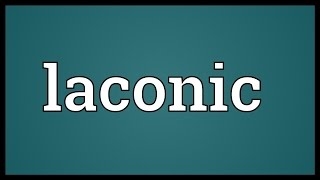Meaning: This noun refers to the presentation of informative or educational material in an entertaining style. It includes television programmes, movies, books, etc., and is intended primarily for schoolchildren though it can address any age group.
Origin: Edutainment is a portmanteau word combining education and entertainment. It was coined in 1975, and has been in use since.
Usage: The channel serves as a unique form of edutainment for the community around the world.
Picture Credit : Google




